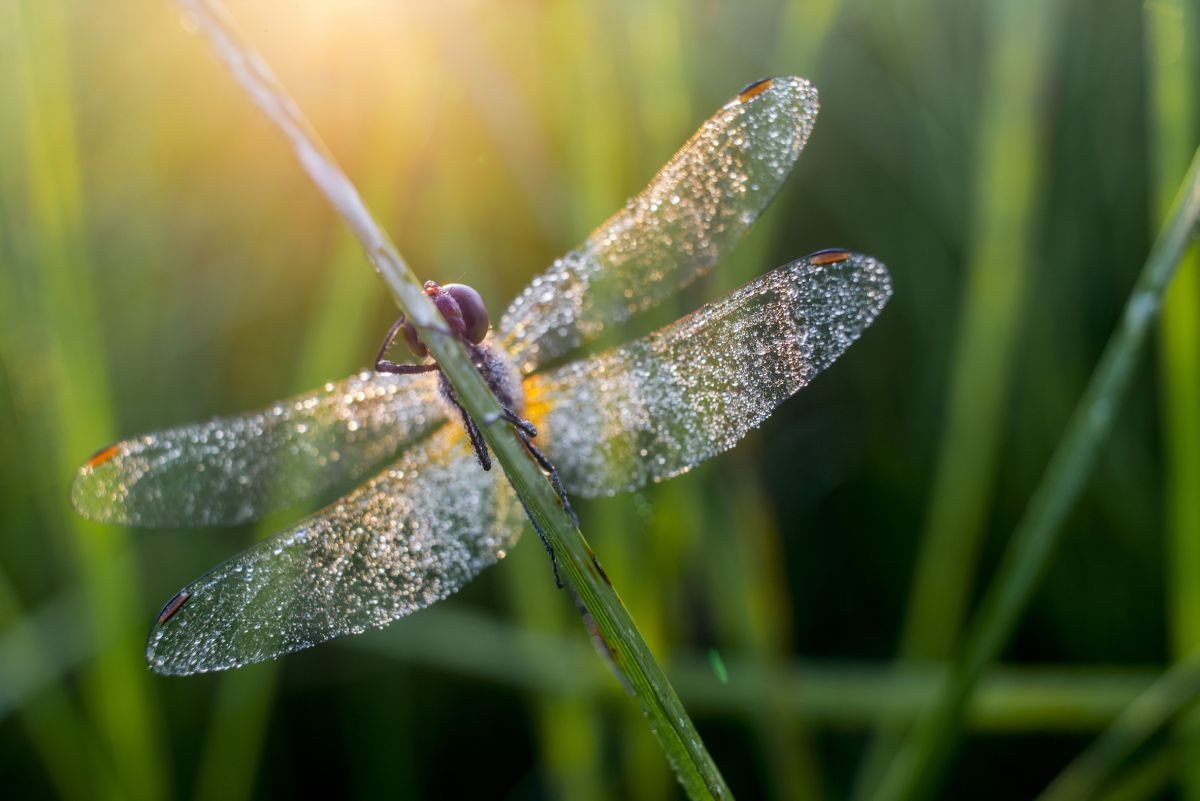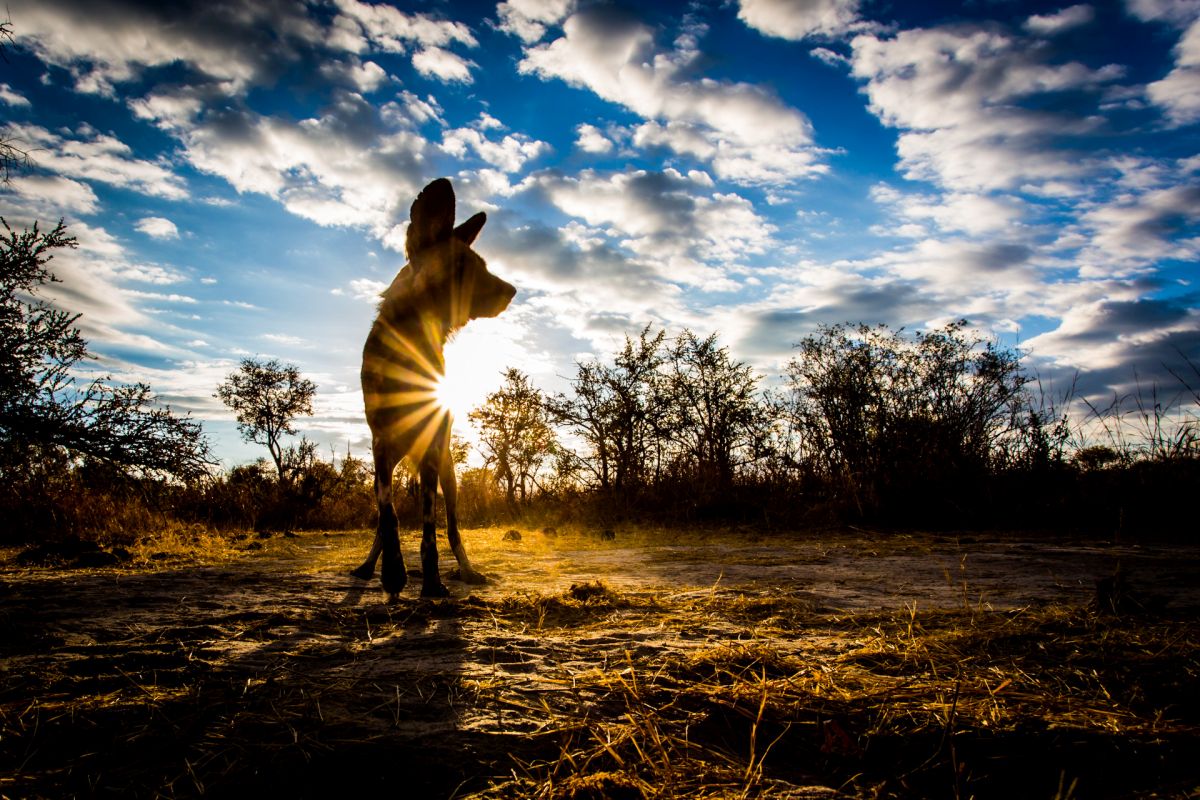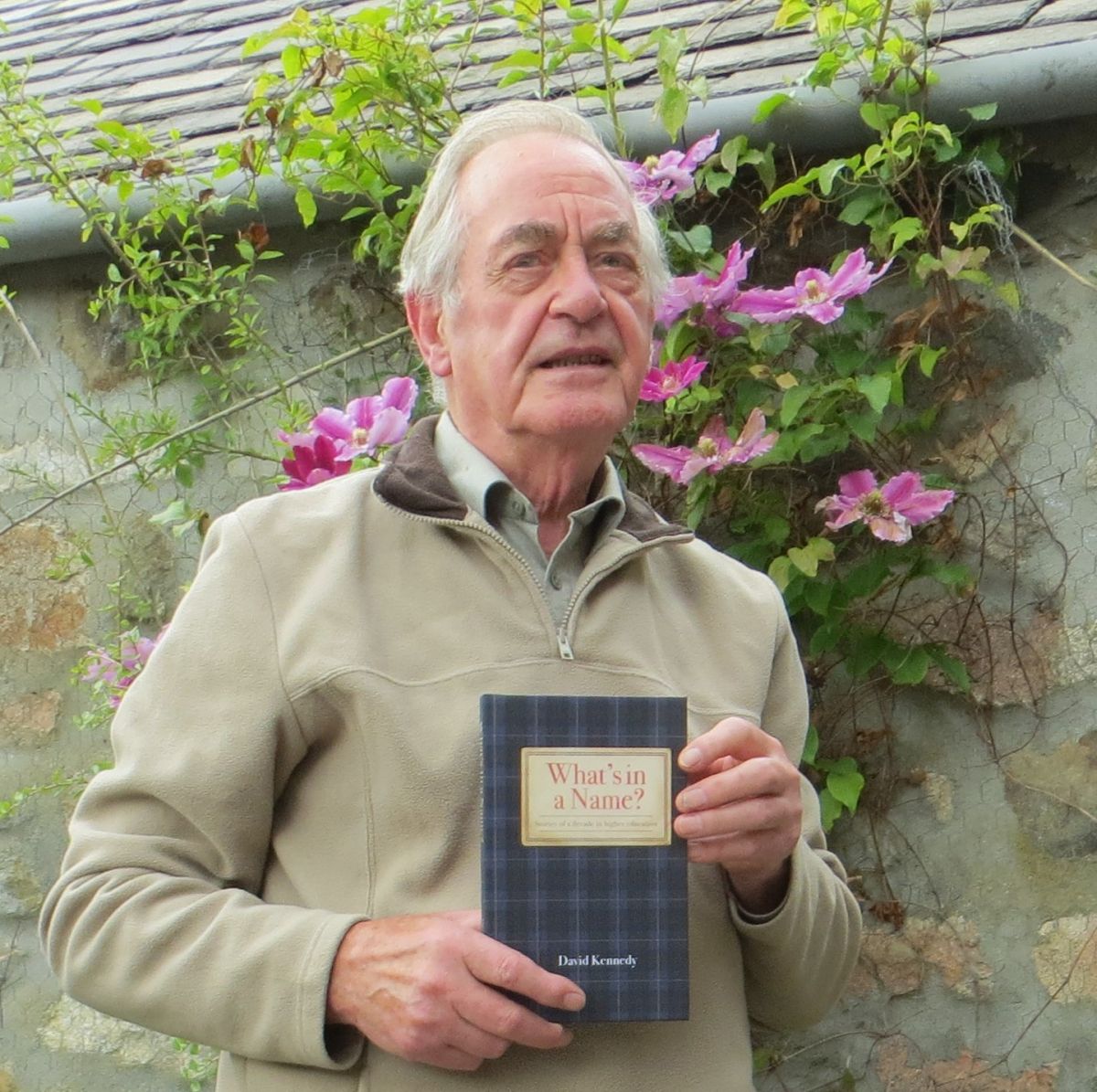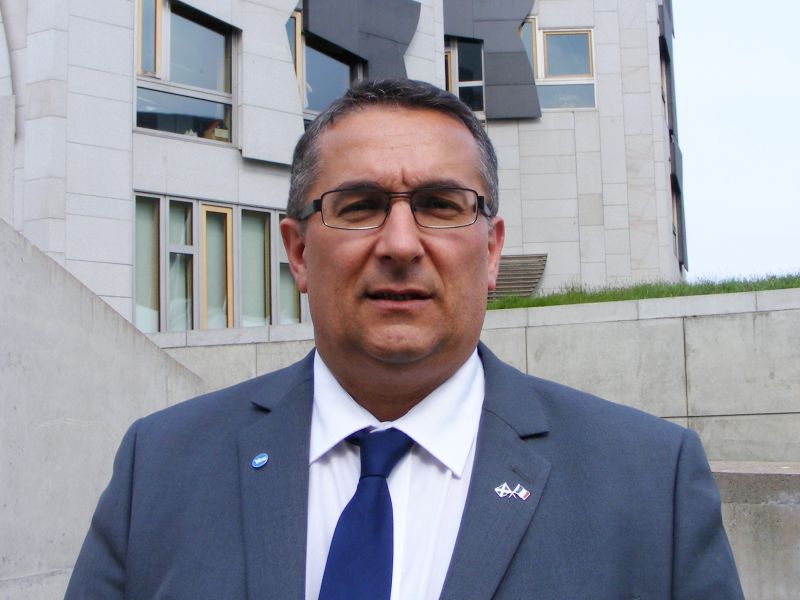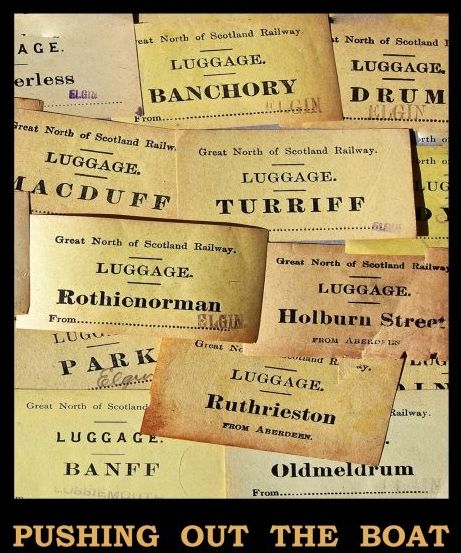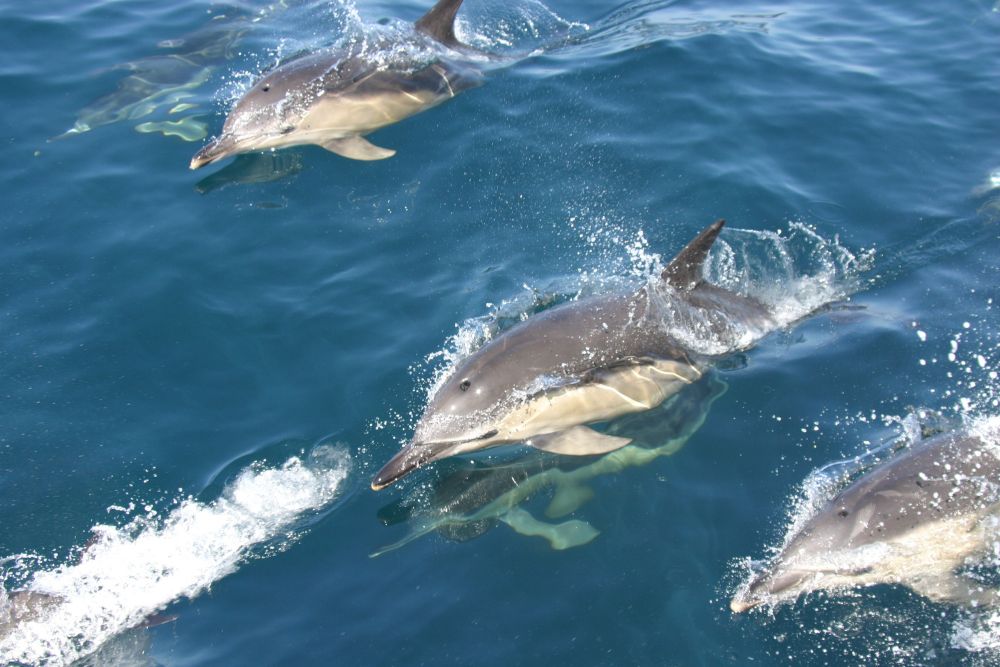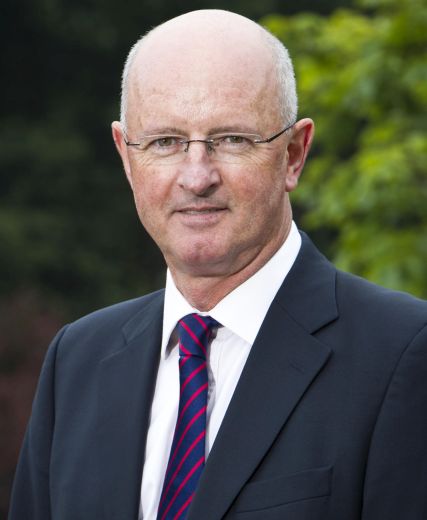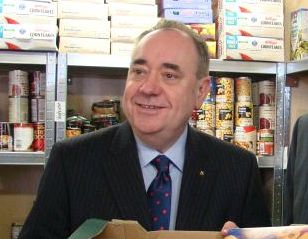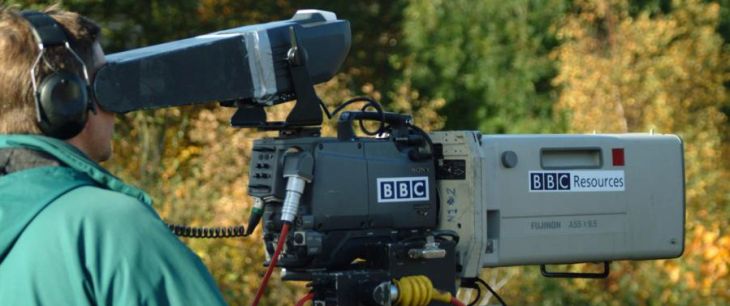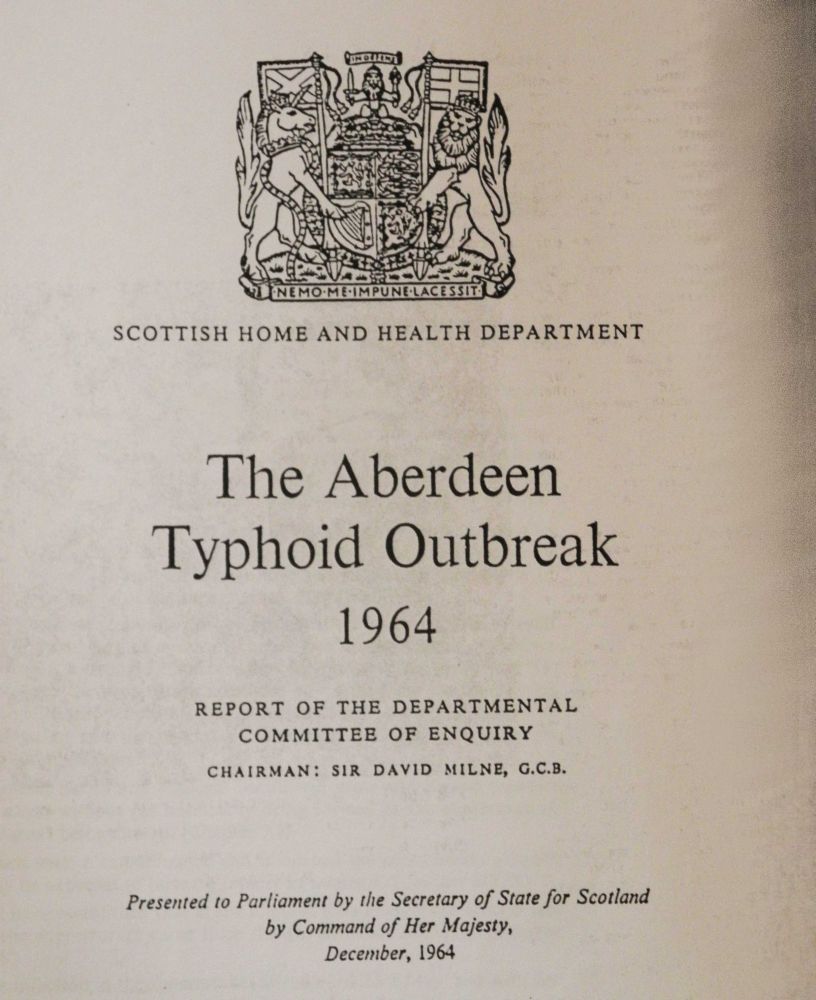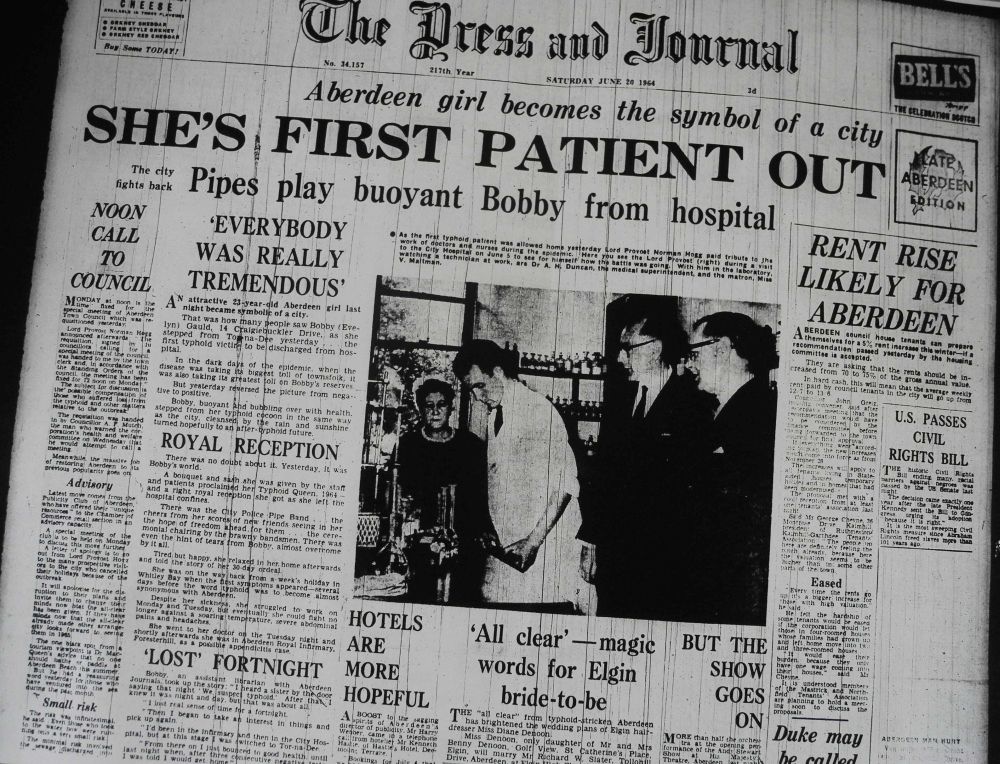Voice’s Old Susannah takes a look over the past week’s events in the ‘Deen and beyond. By Suzanne Kelly.
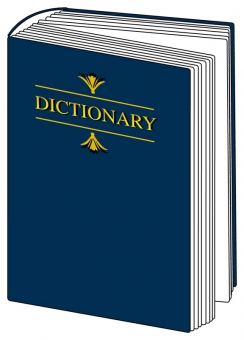 Tally Ho! It was a particularly good week for arts and events, a bad week for local Labour, a grim week for the environment, and a grimmer week still in the field of freedom of information.
Tally Ho! It was a particularly good week for arts and events, a bad week for local Labour, a grim week for the environment, and a grimmer week still in the field of freedom of information.
On the positive side, the Aberdeen Artists Society show is up and running; it’s a hit by all accounts. But the best event locally for ages in the arts was the Aberdeen Art Gallery’s “After Hours/ Creative Invasion” evening.
Over 500 people came together to participate in a blend of art, writing, history, music, socialising and fun. The central theme was World War I, and its wee impact on society.
Thankfully, these days there’s no danger of any conflicts brewing in Europe which could lead to any wars.
Anyway, the evening was great, and I am still thinking about a postcard I read as part of Graeme Milne’s writing workshop.
It was written by a man (or likely boy) named Jamie to his mother on Christmas Day 1914 while he was stationed in Italy. I’m sure he had a jolly time in the trenches.
I am minded that Michael Gove, our Education Secretary, criticises shows like ‘Blackadder’ for being critical of ‘The Great War’ – Gove thinks those lefty types are trying to make WWI seem like a bloody, futile, cruel exercise (how could they?). More on the event and the text of the card can be found here.
Elsewhere in the Deen, Craig Adams (aka Flash of the Moorings) is leading the charge to reopen Bon Accord Baths.
With virtually no notice, Adams managed to muster nearly 100 people for a photo call for the BBC, Northsound and STV (and Aberdeen Voice – story here). All the different political parties seem to want the baths to run again, and I’m certain the city’s new Chief Executive will want to get as many sensible, workable community-led initiatives like this one going to rejuvenate communities. For some reason, a number of simple, desirable proposals have been turned down to date that other cities and towns would have welcomed.
The people want the baths; the politicians want the baths. Could there be someone in a position of power who’s blocking this and other initiatives with red tape, needless delay, and an agenda of their own? Surely not – but if there is such an officer, perhaps they’d best put on their MacIntosh and Gord on the next bus out of town. Just a thought.
But has warfare broken out in the hallowed halls of Aberdeen’s Townhouse?
Depending on your perspective and who you’ve spoken to, either Labour is in complete meltdown with backstabbing and intrigue worthy of a particularly gory Game of Thrones episode – or after discussions and strategising, Barney Crockett is simply no longer council leader – although he is very much still a councillor.
The way the P&J put it, you’d have thought Young Willie and Crockett were going to be duelling with pistols in UTG. But it’s not like the P&J to exaggerate. Surely there are no previous cases of Aberdeen Journals Ltd. bending the facts to make headlines? Perhaps a definition is called for.
For some reason, no one seems very fond of the plans for replacing ugly glass block St Nicholas House with a newer, shinier uglier glass block. Few people are thrilled either with the building of yet more homes over the greenbelt, what’s left of it. Fewer people still are on board with plans for the persecution of people who beg for money.
As for the building work going on, I’m sure anything going up will be as iconic, dynamic and brilliant as St Nick’s was.
After all, this steel and glass curtain wall style of skyscraper is the last word in architectural style; there’s nothing cheap, nasty, dated, brutal (or lame) about putting up glass box buildings all over town and country. They just show us how outdated things like the Citadel, Tollbooth and Provost Skene’s house really are.
Surely people will flock here to live in an iconic Stewart Milne Home in some nice, sanitised suburbia close to a dual carrigeway (formerly wildlife habitat and recreation ground), and work in iconic glass box buildings which they drive to in iconic cars. And if we get resultant loss of green space, even poorer air quality, lack of biodiversity and urban sprawl, just lie back and think of the money.
As to the kind of people we’ll be attracting, they’ll surely not want to see any signs of poverty. We’re doing what the Tzars did – covering empty buildings with false fronts (this ploy of covering up problems in a town with a thin veneer was laughably called a ‘Potemkin village’) and clearing the poor out.
We seem to be keen on clearing the streets of the poor, while the gap between rich and poor grows. Get rid of the poor, hide any squalor or empty buildings behind false fronts, and hang up some bunting. I’m sure it will make us all better off, after all, look how things worked out for the Tzars.
But at this rate there won’t be time for any definitions, so on with it, or I’d tell you about the nice drinks I’ve had at BrewDog, where I attended yet another well-run, fun tasting event.
Begging: (Eng. gerund – form of noun) – to solicit money or aid of some sort when in need.
We are one of Scotland’s wealthiest cities. We are one of Europe’s wealthiest cities. It’s bad enough people from other countries want to come here; now we’ve got people who aren’t satisfied with our generous minimum wages, food banks and quality doorways to sleep in; they also want to ask for money.
Well, this is obviously what’s stopping us from enjoying our shopping trips to malls and the West End. Being asked for money while trying to buy a new pair of Jimmy Choos is, well, trying. Thankfully, some of our wiser people in power want to ban begging. And just the thing to make begging go away would be to fine beggars for begging.
No one’s got any reason to ask for any help; it’s not as if there is a growing gap between haves and have-nots. It’s not like our taxes are sky high – for those who aren’t smart enough to put their money in fake charity accounts, offshore schemes, or other avoidance vehicles. It’s not as if those who are cleverly avoiding tax are depriving others of services the taxes should be paying for, and it’s not like there is anything immoral about not paying your fair share.
It’s not as if our Ma and Pa high street shops suffered when we gave multinationals sweeteners to open yet another shopping mall at Union Square. No, if you’re poor, it’s your fault.
Apparently we also have ‘aggressive’ beggars. I hear these aggressive beggars are upsetting the fine upstanding citizens who regularly throw up, brawl, shout, rob and intimidate people of your average weekend night in town. I’m very glad we’ve prioritised the kind of criminal activity the hungry and cold perpetrate as compared to our traditional thieves, fighters and drunks, who sometimes seem just a tad aggressive.
Complaints have apparently been made to ACC about begging: a whole handful. It’s time the city sprang into action, just like it did when it had complaints over the half-baked idea to destroy Tullos Hill’s ecosystem and deer. Three thousand of us complained we didn’t want the deer killed, or the wildflowers destroyed (and with them the existing animals, bees and butterflies).
Well, we know what effect that had. Beggars beware! Just go and get yourself a job; what could be easier?
Press & Journalism: (modern Scottish compound noun) the type of reportage and editorial policy as practiced locally by Aberdeen Journals Limited.
Not since the outbreak of WWI, WWII and the Sinking of The Titanic have we seen such a massive story with giant, emotive, shocking headlines. Well, not since ‘TRAITORS’ was the headline over pictures of those who decided to vote against Donald Trump taking over the SSSI sites at Menie for a golf club.
‘STABBED IN THE BACK’ was the headline in single quote marks over a photo of Barney Crocket at the time of his relinquishing the role of council supremo. Did he say he was stabbed in the back? Er, no. This quote was a bit of speculation. The word ‘OUSTED’ was used quite a bit, despite the man not actually being ousted.
Has the P&J previous form in mixing fact, fiction and in hiding inconvenient truths? Of course not.
During the referendum it printed on one of its front covers a box labelled ‘facts’. These ‘facts’ included tidbits such as building in Union Terrace Gardens would not cost the taxpayer anything, and 6,000 jobs would be permanently created if we put two giant granite clad ski slopes over the poor sunken garden.
The Press Complaints Commission had complaints on this ‘facts’ box (in fact, nearly the same number of people complained about this as people complained about aggressive begging in town). But the PCC decided that if people read the full article, spread over several pages, they would have realised the box marked ‘facts’ were not, er, facts. And of course everyone reads every single word in a P&J piece.
So, facts aren’t always facts; this seems clear to me. I wonder if Mr Damian Bates, P&J editor and member of the PCC team had a hand in coming to the conclusion the article wasn’t misleading?
The P&J’s stable mate, the Evening Express, once had a front page with headlines blaring ‘DEER FOUND DEAD AHEAD OF CULL’. On further investigation, it emerged the deer that were found dead had died – two years before the proposed cull of deer for trees. Somehow, this minor detail was not initially published on the paper’s website –who exactly planted this story, and why was never cleared up?
I may write a piece ‘Mastodon found dead ahead of last ice age’ or similar.
And who could forget how conveniently both papers supported Mr Donald Trump, how they vilified the Menie Estate residents who wouldn’t sell up to Trump, and how they ignored award-winning film maker Anthony Baxter, whose documentary ‘you’ve been trumped’ won awards round the world.
It was almost as if they chose to run photos of Turnip and his luxury jet because that was great news and not because Bates’ Mrs works for The Donald.
For some reason the AJL circulation seems to be dropping these last few years. I can’t for the life of me figure out why. Perhaps tomorrow’s free copy of Metro, awaiting me on my bus to work, will offer some clue.
I wish I had time for more definitions, but duties at home have taken over for now. As mentioned at the start of this piece, it’s been a bad week for press freedom and for freedom of information. More on this next week.
Next week: another look at the police, some local crime info, and more on our council.
Comments enabled – see comments box below. Note, all comments will be moderated.
